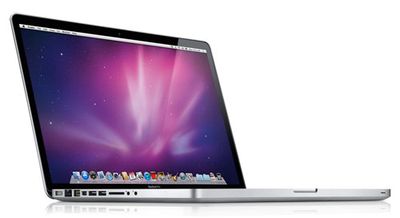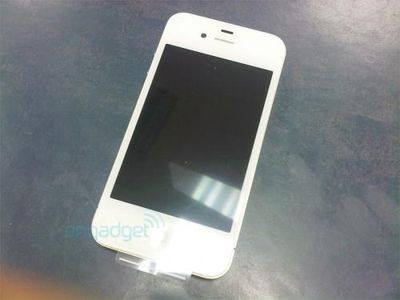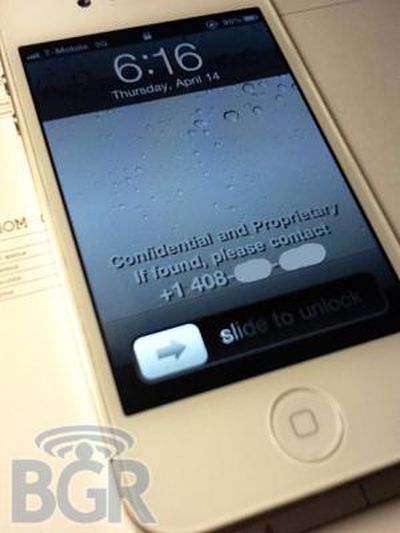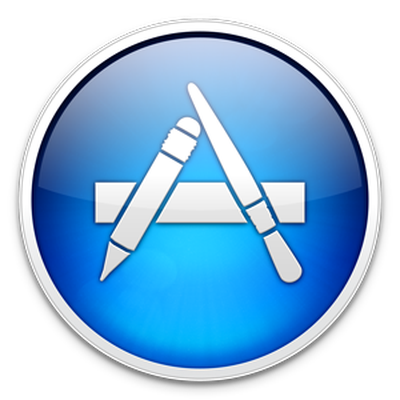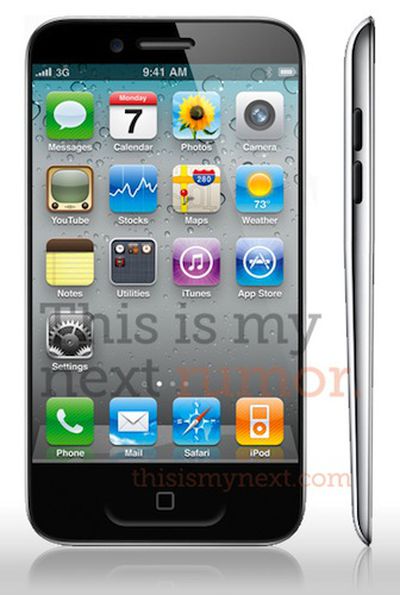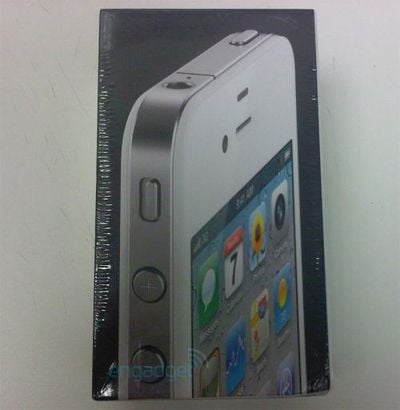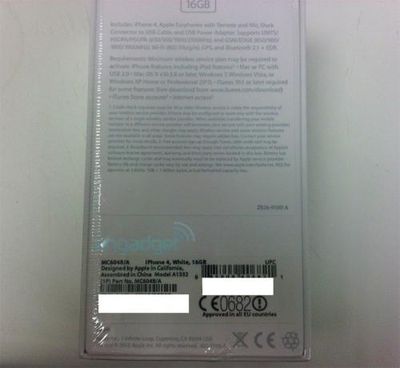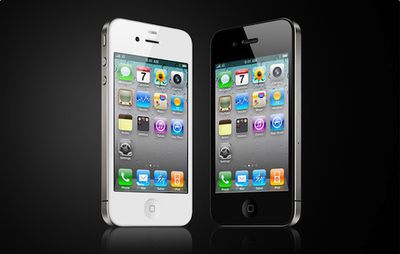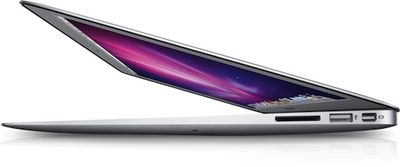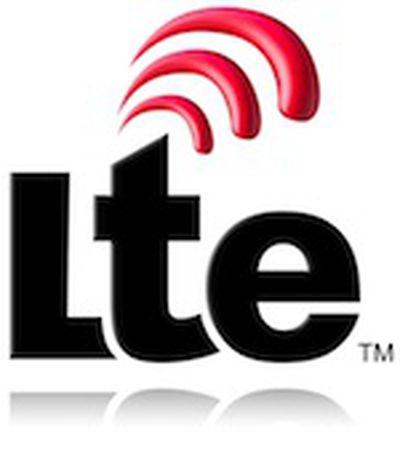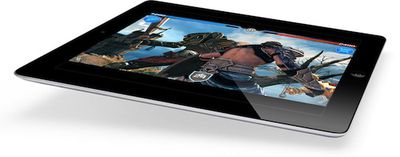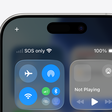
There has obviously been a lot of discussion about last week's disclosure that iOS devices are maintaining an easily-accessible database tracking the movements of users dating back to the introduction of iOS 4 a year ago. The issue has garnered the attention of U.S. elected officials and has played fairly heavily in the mainstream press.
One MacRumors reader emailed Apple CEO Steve Jobs asking for clarification on the issue while hinting about a switch to Android if adequate explanations are not forthcoming. Jobs reportedly responded, turning the tables by claiming both that Apple does not track users and that Android does while referring to the information about iOS shared in the media as "false".
Q: Steve,
Could you please explain the necessity of the passive location-tracking tool embedded in my iPhone? It's kind of unnerving knowing that my exact location is being recorded at all times. Maybe you could shed some light on this for me before I switch to a Droid. They don't track me.
A: Oh yes they do. We don't track anyone. The info circulating around is false.
Sent from my iPhone
As is Jobs' usual style, his brief comments provide little detail or information to support his claims, and his vagueness leaves things rather open to interpretation.
Android has been shown to also gather location information, but the database is limited to a much smaller list of entries and is regularly wiped by the system. Jobs' email seems to explicitly claim, however, that Google's location information is used to track users while Apple's is not.
Apple responded to some questions about location tracking and privacy last July, noting that users have the ability to turn off location services entirely and that all location features require explicit authorization from the user. The Wall Street Journal has found, however, that this newly-publicized database is constructed even when location services are turned off entirely.
The Journal tested the collection of data on an iPhone 4 that had been restored to factory settings and was running the latest version of Apple's iOS operating system.
The Journal disabled location services (which are on by default) and immediately recorded the data that had initially been gathered by the phone. The Journal then carried the phone to new locations and observed the data. Over the span of several hours as the phone was moved, it continued to collect location data from new places.
As many observers have noted, the iOS location database does not record exact GPS data, instead seeking to pinpoint the locations of Wi-Fi access points and cell towers that the device comes within range of, although the database does offer a clear general track of a user's movements.
In the meantime, government agencies in a number of countries have launched investigations into the situation, seeking explanations from Apple and details on how users can protect their privacy.


